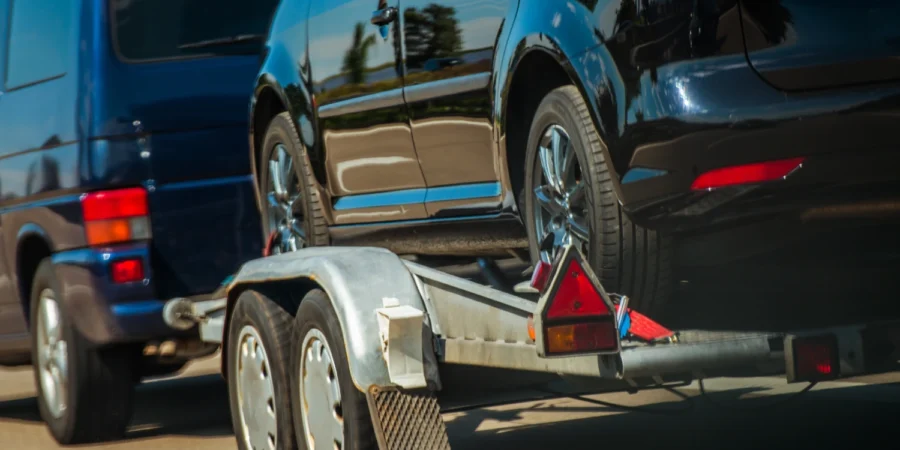Buying a secondhand car in Kenya can save you hundreds of thousands — but it can also cost you a fortune if you’re not careful. With thousands of listings on bidorbuy.co.ke, it’s easy to rush into a deal that seems too good to be true.
To help you make the right decision, here are 7 common mistakes Kenyan car buyers make — and how to avoid them.
🚫 1. Skipping a Mechanical Inspection
This is the #1 mistake — relying solely on the seller’s word. Even if the car looks clean and runs well, there may be hidden issues like worn-out suspension, engine trouble or a failing transmission.
How to avoid:
- Bring a trusted mechanic with you.
- Test drive the car on different road types.
- Ask for a second opinion, especially for cars over 5 years old.
🚫 2. Not Verifying Logbook and Ownership
Fraudulent car sales are common in Kenya — especially in major cities like Nairobi, Mombasa and Kisumu. Some vehicles are stolen, have logbooks under fake names or are still under financing.
How to avoid:
- Confirm that the logbook matches the seller’s ID.
- Use the NTSA SMS service (22846) to check vehicle ownership.
- Be extra cautious with imported vehicles or company cars.
🚫 3. Overlooking Hidden Costs
That “great deal” might not be so great when you realize you need to replace tires, pay for logbook transfer or fix suspension issues within weeks.
How to avoid:
- Always ask for a full cost breakdown.
- Factor in: insurance, logbook transfer (KRA), servicing and any repairs.
- Budget an extra 10–15% above the sale price for unforeseen costs.
🚫 4. Buying Without Researching Market Prices
Some sellers inflate prices hoping to catch uninformed buyers. Others set suspiciously low prices that should raise red flags.
How to avoid:
- Compare prices on multiple platforms, including bidorbuy.co.ke, Jiji and car bazaars.
- Beware of prices too far below market average — they could be scams or faulty vehicles.
🚫 5. Not Checking Vehicle History
Was the car involved in an accident? Is the mileage genuine? Has it been written off before?How to avoid:
- Ask for service records and mileage logs.
- Consider using services like AutoCheck Kenya for full vehicle history (especially for imports).
- Look for signs of repainting or structural damage.
🚫 6. Paying Before Seeing the Car
Never send money — not even a deposit — before inspecting the vehicle in person. Online scams involving fake listings are common, especially on social media.
How to avoid:
- Meet in person in a public, secure area.
- Never share OTPs, ID numbers or banking info online.
- Use secure payment methods and, if needed, involve a trusted third party.
🚫 7. Forgetting Transfer and Registration Steps
Some buyers drive away without completing official transfer of ownership, exposing themselves to fines or liability.
How to avoid:
- Use NTSA TIMS (https://tims.ntsa.go.ke) to initiate logbook transfer immediately.
- Confirm transfer completion before final payment.
- Ensure insurance is updated to your name before driving off.
✅ Final Word: Buy Smart, Not Fast
A car is one of the biggest purchases you’ll make — so take your time. Ask questions, verify everything and don’t let anyone pressure you into closing the deal quickly.
Ready to shop smart?
Browse verified listings on bidorbuy.co.ke and find the right car for your needs — without regrets.


Leave a Reply